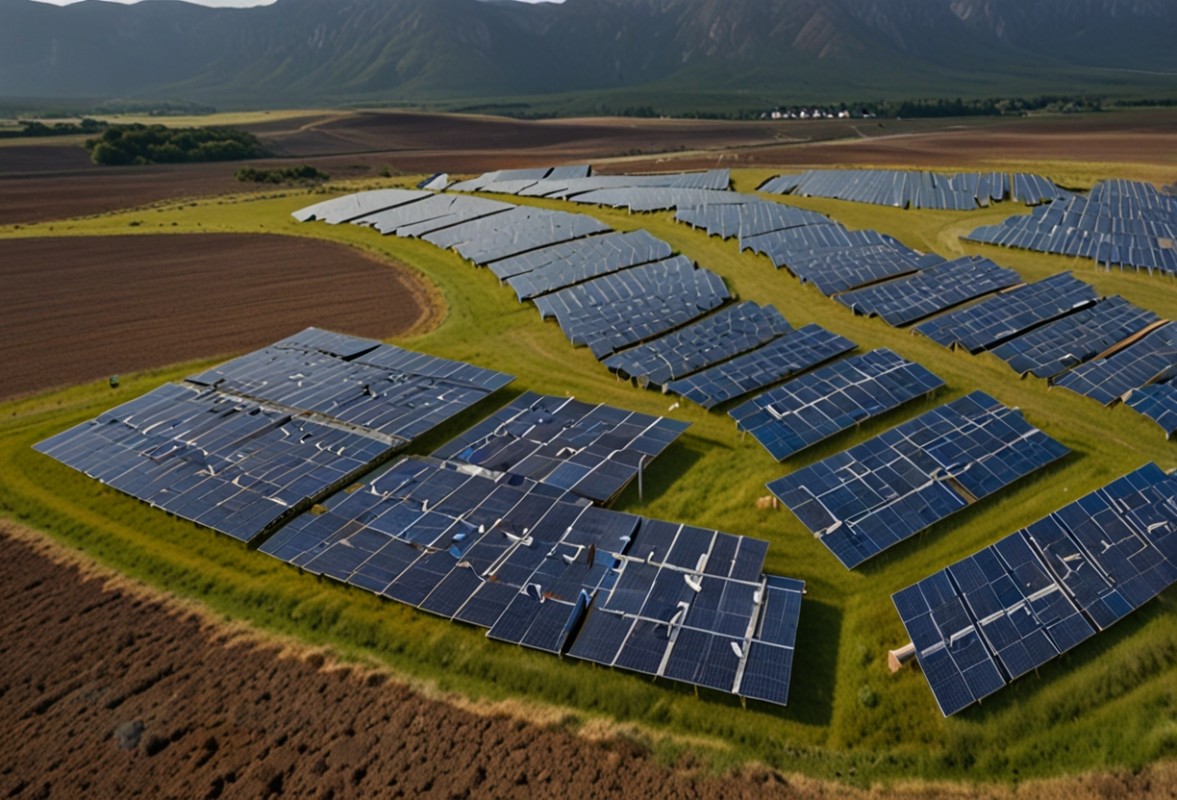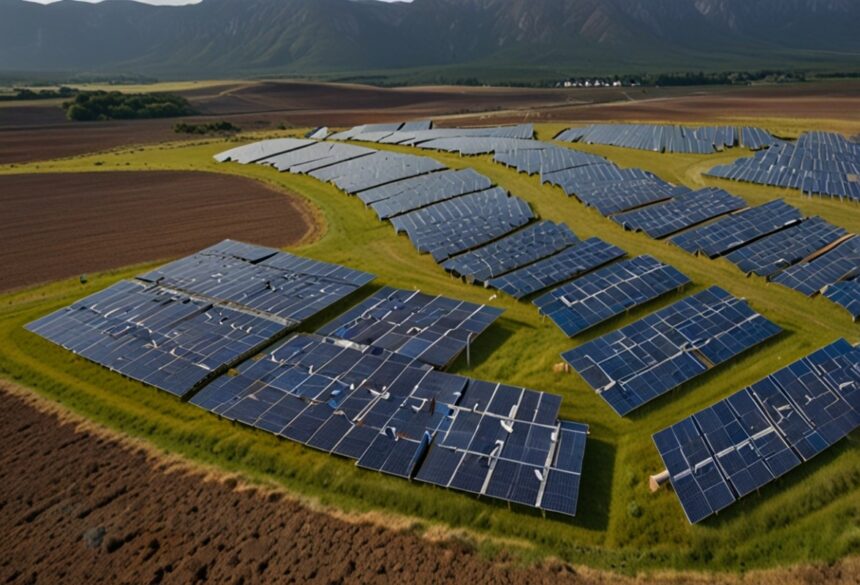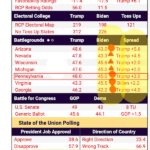
A webinar hosted by the Energy Information Administration today announced plans for future efforts in a data collection investigation into U.S.-based Bitcoin mining operations. An agreement was reached As of March 1st of this year, the emergency investigation to date will be discontinued and all records collected during the investigation will be destroyed.
They clarified that there are currently no outstanding investigation attempts on the Federal Registrar and none are being undertaken at this time, and the purpose of the webinar was to solicit feedback from the public and ecosystem participants on what types of information could be collected, what types of data are already being collected that are valuable, and what are the key factors to consider when formulating future investigations.
They cited two major challenges they face in getting a clearer picture of the current state of bitcoin mining in the U.S.: the difficulty of identifying mining operations among general energy consumers on the power grid, and the difficulty of tracking current operations as mining operations may rapidly relocate to areas with cheaper electricity.
Now, they plan to begin the process of launching the survey sometime this year, possibly this quarter, and will incorporate feedback provided by industry participants and other members of the public into the composition of the survey.
The webinar featured many industry participants, including Thomas Mapes of the Digital Energy Council, Michael Postpack of the Blockchain Association, Margot Paez of the Bitcoin Policy Institute and Georgia Tech, Jason Browder of Marathon Digital Holdings, and Lee Bracher of the Texas Blockchain Council.
All speakers reiterated that Bitcoin mining could have a net positive effect on energy infrastructure, particularly by facilitating demand response programs that free up electricity during periods of high consumer demand, and by helping to further increase renewable energy capacity by absorbing excess production during periods of surplus electricity when other sources of demand are unavailable.
Lee Bratcher specifically addressed the issue of research being done solely on bitcoin miners, and suggested the idea of expanding the research to data centers in general, specifically distinguishing between inflexible data centers that must remain powered on all the time and flexible data centers that can be dynamically powered down depending on the needs of consumers or grid operators.
Jason Browder agreed that this was causing hesitation and skepticism among industry mine operators about why they had been selected for the investigation.
Dennis Heidner, a member of the public who attended the webinar, expressed concern that mining companies’ capital investments could actually discourage mining companies from shutting down operations at a time when demand is rising. Given that mining companies still have to work to recoup their hardware investments and that scaling back operations would result in lost revenue during that period, this is a concern that was raised as a factor for the EIA to consider when formulating its future study.
Margot Paez proposed the idea of Georgia Tech partnering with Lawrence Berkeley National Laboratory. Arman Shehabi is currently conducting research. It’s about AI and data center energy consumption. Her theory was that research was already underway to gather the kind of data EIA was looking for in its study, and given the relationships she had built within the mining industry and the relevance of data center electricity consumption to EIA’s general concerns about bitcoin mining, this partnership could combine existing research to address EIA’s needs.
This would allow an impartial non-governmental group to handle the actual data collection itself and do the work of anonymizing the data itself, while providing the EIA with the accurate insight it needs to inform policy decisions, without compromising the privacy of extractive activities within the area.
Overall, this webinar signals a fundamental rethinking of the approach the EIA is taking regarding data collection on bitcoin mining operations in the U.S. After the emergency investigation was dismissed in court, they seem open to working with industry participants toward an accurate understanding of electricity consumption on which policymakers can base their decisions, rather than the adversarial and hasty path the emergency investigation attempted to take.







